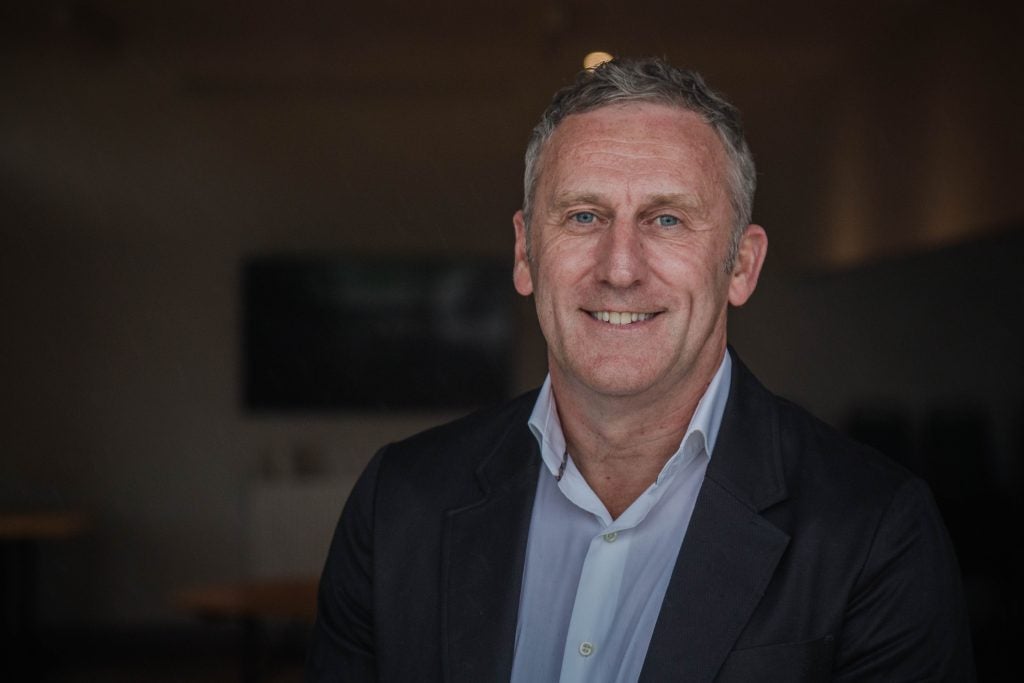Speech for the opening of the Ntsebeza Inquiry Hearing by the CEO of SAICA on 19 February 2018
Chairman of the Ntsebeza Inquiry, Advocate Dumisa Ntsebeza SC, independent panel members, evidence leaders, Inquiry contributors, members of the media and other guests – Good morning!
My name is Terence Nombembe, the Chief Executive Officer of the South African Institute of Chartered Accountants (SAICA), the professional body with which all Chartered Accountants are registered. I welcome and thank you for your presence today.
For the sake of members of the public who may not know about SAICA, I consider it appropriate to begin my address by explaining the mission and purpose of SAICA. SAICA is a professional body established-
- to promote the interests of its members (i.e. Chartered Accountants), and
- to support the development of the South African economy and society, by promoting and enhancing the value of the profession of Accountants.
A critical attribute of our mission is that our profession must achieve its objectives within the significant ambit of public interest.
It is fair to say that the events surrounding the well-publicized KPMG matters have resulted in significant criticism of individuals within the profession and caused a concurrent decline in the trust of the profession by both the market and the public at large.
How well do you really know your competitors?
Access the most comprehensive Company Profiles on the market, powered by GlobalData. Save hours of research. Gain competitive edge.

Thank you!
Your download email will arrive shortly
Not ready to buy yet? Download a free sample
We are confident about the unique quality of our Company Profiles. However, we want you to make the most beneficial decision for your business, so we offer a free sample that you can download by submitting the below form
By GlobalDataWith the onset of the publicity surrounding the KPMG matters, we instituted the Ntsebeza Inquiry, comprising of senior members from both the legal and accounting professions, to investigate the alleged conduct of our members employed by KPMG during the relevant period in order to determine, amongst others, the extent of such member’s involvement in the alleged misconduct. The Chartered Accountancy profession is unreservedly committed to upholding the ethical standards expected of our members as set out in the SAICA Code of Professional Conduct.
This is why the Ntsebeza Inquiry was established and the reason for all us being here today.
Today is the opening of the hearings phase of the Ntsebeza Inquiry. The members of the Panel appointed by SAICA after consultation with Advocate Ntsebeza SC are:
- Adv. Vuyani Ngalwana SC – a member of the Johannesburg Bar, Chairperson of the General Council of the Bar of South Africa and the country’s second Pension Funds Adjudicator.
- Dr. Claudelle Von Eck – CEO of the Institute of Internal Auditors; Member of the Executive Committee of the Public Sector Auditing Committee Forum; Chair of the Unisa College of Accounting Sciences Advisory Board.
- Freeman Nomvalo – Former Accountant-General at National Treasury and co-author of the Auditing Profession Act, 26 of 2005.
- Malcolm Robert “Bobby” Johnston – Former Chair of the Johannesburg Stock Exchange.
Advocate Ntsebeza SC has also appointed two evidence leaders to assist them in the execution of the Panel’s duties:
- Advocate Pule Seleka SC
- Advocate Amaechi Olua
who will, in addition to coordinating information across various submissions received; lead the process of adducing evidence before the Panel by witnesses and those implicated in the submissions.
The role of the Panel is as set out in the Terms of Reference, which includes, amongst others, to determine whether the implicated members of SAICA have contravened any provisions of the SAICA Code of Professional Conduct, including but not limited to failures to comply with the five fundamental principles thereof.
In terms of the Code-
- A chartered accountant shall comply with the following fundamental principles:
- Integrity – to be straightforward and honest in all professional and business relationships;
- Objectivity – to not allow bias, conflict of interest or undue influence of others to override professional or business judgements;
- Professional Competence and Due Care – to maintain professional knowledge and skill at the level required to ensure that a client received competent professional services based on current developments in practice, legislations and techniques and act diligently and in accordance with applicable technical and professional standards;
- Confidentiality – to respect the confidentiality of information acquired as a result of professional and business relationships and, therefore, not disclose any such information to third parties without proper and specific authority, unless there is a legal or professional right or duty to disclose, nor use the information for the personal advantage of the chartered accountant or third parties; and
- Professional Behaviour – to comply with relevant laws and regulations and avoid any conduct that discredits the accountancy profession.
In this regard, I urge the Panel to leave no stone unturned in its quest to identify contraventions of these principles, as may be shown by the evidence provided.
SAICA maintains the trust in the profession by administering vigilant investigations and disciplinary processes.
On receipt of the Ntsebeza Inquiry report, SAICA will, in the event of findings of improper and unprofessional conduct by individual members, institute disciplinary processes in order to deal decisively with members who are found to have acted unethically.
As such, the findings of the Ntsebeza Inquiry report will speed up SAICA’s disciplinary processes.
Safeguarding the integrity of the Chartered Accountancy designation and profession is essential to ensure investor confidence in the capital markets, as well as the public sector in South Africa and enhance the economy. Maintenance of ethical standards and compliance with the SAICA Code of Professional Conduct by members, backed up by a credible and fair disciplinary process, is non-negotiable for SAICA, as this is the cornerstone of confidence in capital markets.
SAICA’s strategy as a member organisation is to contribute to ensuring the success of South Africa as an attractive investment destination as well as contributing to nation building.
We do so by ensuring world class education, reporting, auditing and adherence to ethical standards, as well as by contributing to nation building through our pro-active initiatives to improve the leadership and governance of organisations we are expected to assist. In all instances, the principle is that the SAICA Code of Professional Conduct is applicable, even when no-one is looking.
I cannot therefore over-emphasize the significance of this Inquiry into affirming trust in the CA profession, as well as investor confidence in the economy of South Africa.
I therefore wish the evidence leaders, as well as the Panel and participants, well in their valuable work and thank Advocate Ntsebeza SC for his commitment to this important initiative for our profession and South Africa. I thank you all for your attendance here today.
This speech was first published on SAICA's website





